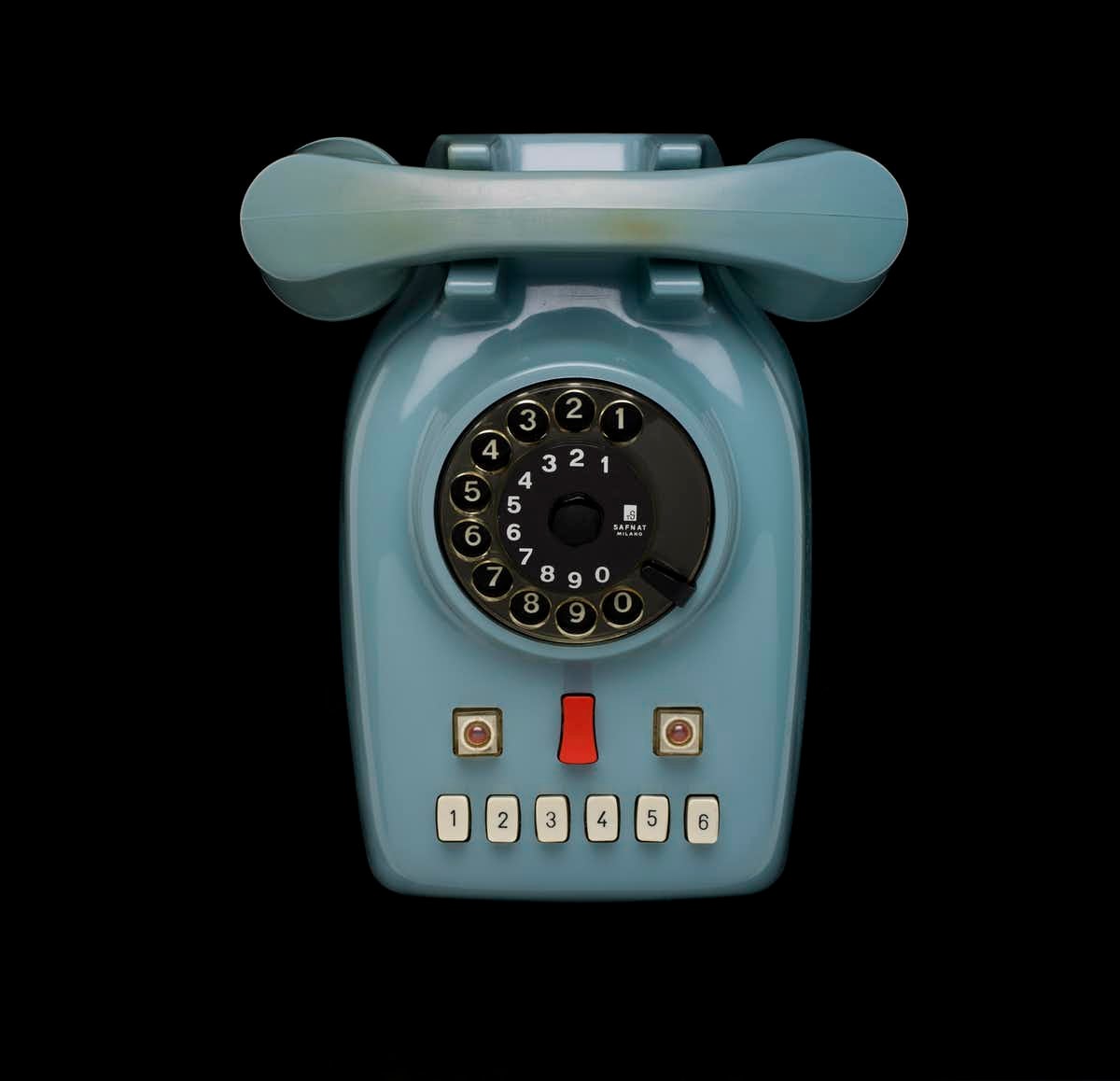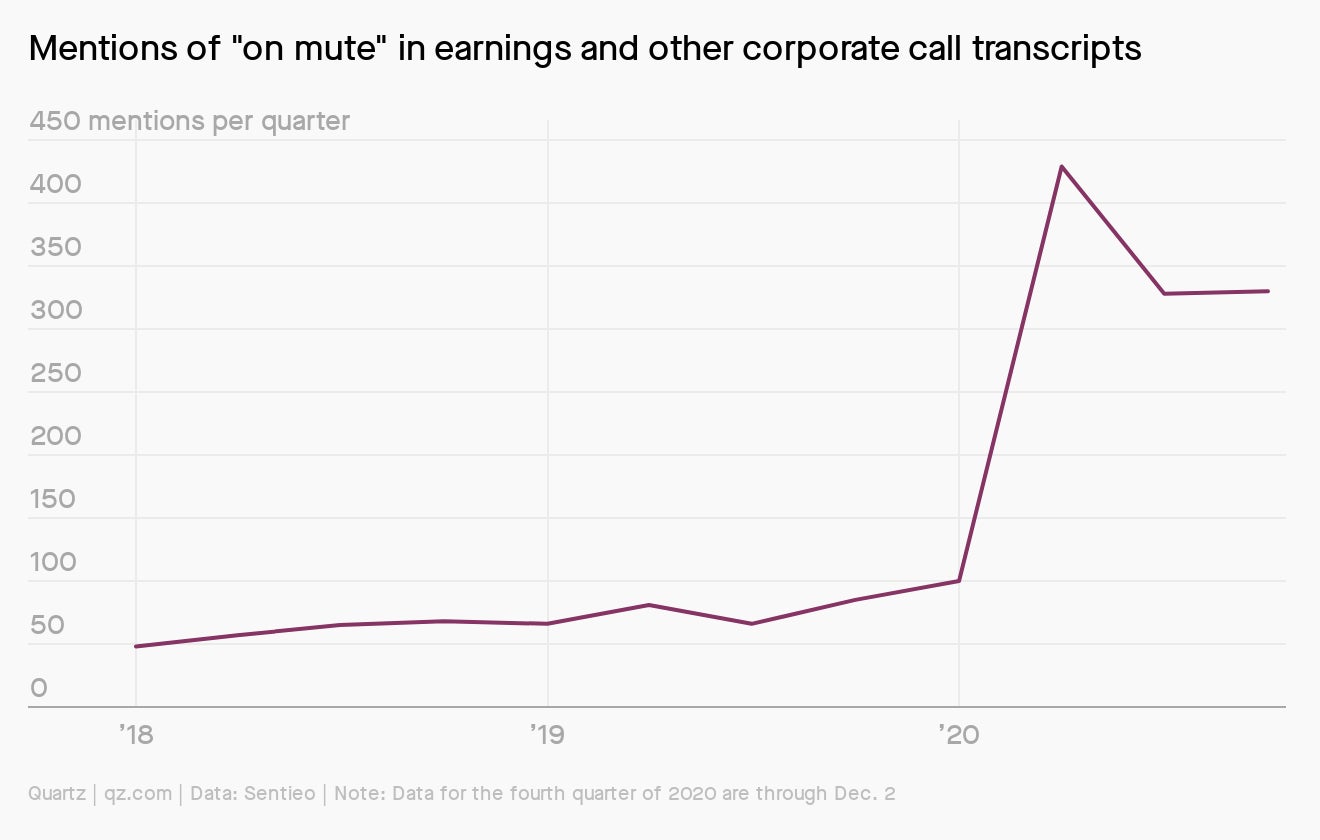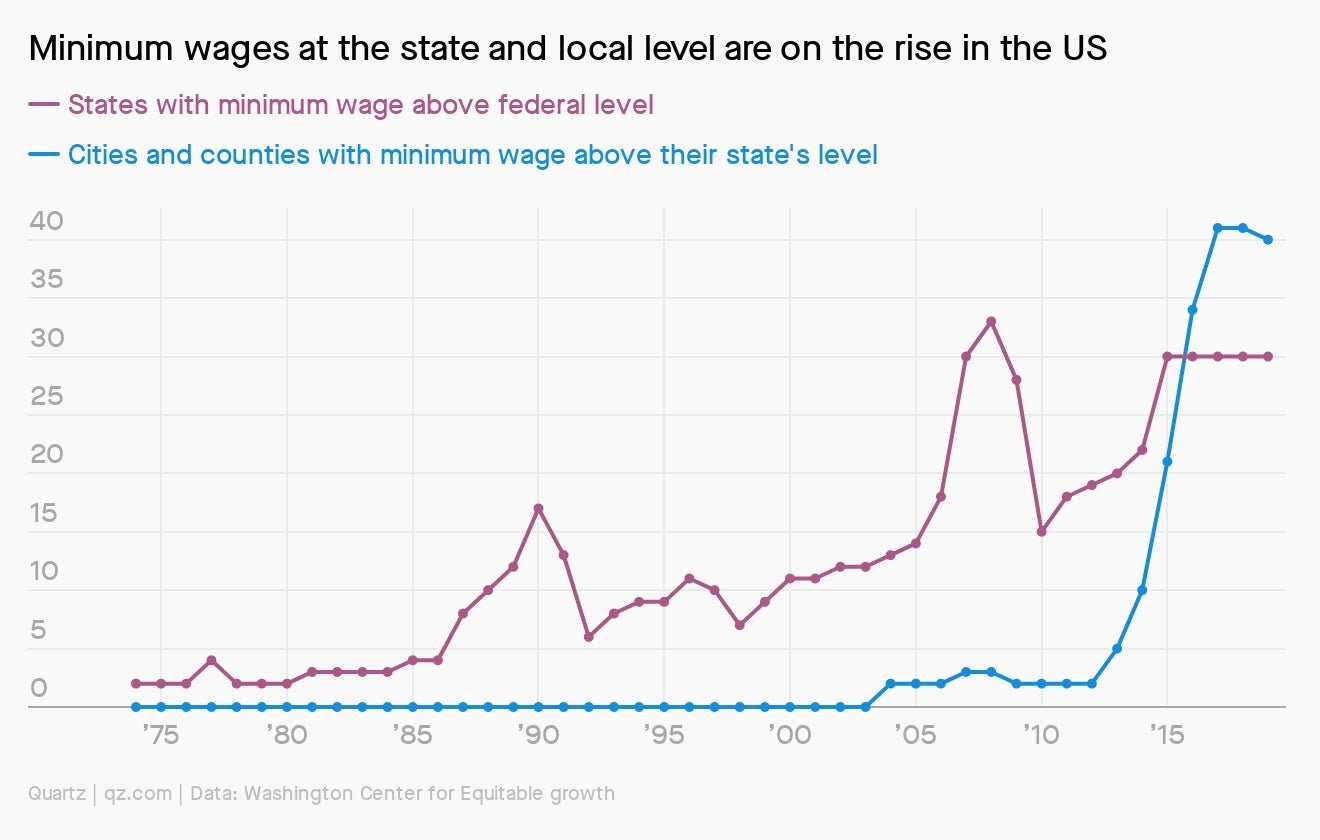You’re on mute
To modern workers everywhere,


To modern workers everywhere,
“Chip, I think you’re on mute.” That was Levi’s CFO Harmit Singh speaking to his boss, CEO Chip Bergh, on the company’s Oct. 6 earnings call.
“I’m on mute, yes,” Bergh replied. “You would think after doing this for seven months, I would figure out the mute button.”
Maybe Bergh can take comfort from the fact that he isn’t alone. Before the pandemic, there had been fewer than 100 mentions per quarter of anyone being “on mute” during company earnings calls, conferences, or shareholder meetings. In the second quarter of 2020, as the pandemic was raging and offices closed, transcripts compiled by Sentieo and analyzed by Quartz show that the phrase “on mute” was uttered 429 times.
Unintentional muting seems to have dropped slightly since then. Perhaps executives are starting to get a hang of remote meetings, though some still have their stumbles. “You’re on mute, Amy,” said Marc Benioff, co-founder and CEO of Salesforce, to the company’s chief legal officer, Amy Weaver, during an Aug. 25 call. “It would not be a call if I did not forget to take myself off mute at some point,” she said. “You’re on mute,” Brian Lawlor, president of local media for the E.W. Scripps Company, told Scripps CEO Adam Symson on a Nov. 6 call. “You would think we would know by now,” Symson replied.
“You’re on mute,” Peter Nordstrom, president and chief brand officer of Nordstrom, said to Kenneth Worzel, the retailer’s chief operating officer, on a July 7 call. “You’re on mute,” Nordstrom pointed out to Worzel again later in the same call.
These reminders also have elicited some increasingly familiar replies. “Can you hear me now, Chris?” asked Jennifer Taubert, Johnson & Johnson’s executive vice president and worldwide chairman of pharmaceuticals, after the company’s vice president of investor relations pointed out her inadvertent silence on an Oct. 13 call. (“Thanks” and “sorry” are also popular responses.)
“Gavin, you’re on mute,” Tracey Joubert, CFO of Molson Coors, said to the company’s CEO, Gavin Hattersley, during a Dec. 1 presentation hosted by Morgan Stanley. “OK, thanks, Tracey,” he said. “I think that’s going to be the sentence of the year this year, right? ‘You’re on mute.’”—Marc Bain and David Yanofsky

Five things we learned this week
Seriously, it’s time to get a ring light. Get over the vanity of it; good lighting on a video call is a signifier of proficiency.
Our collective trauma is a leadership challenge. Here are three things leaders can do right now to help their teams get through it.
Steve Wozniak’s newest venture is a cryptocurrency energy efficiency startup. Meet WOZX.
How many people need to be vaccinated for life to go back to normal? Well, it depends.
A $15 minimum wage suddenly looks a lot less radical. As more US states raise the floor on wages, will the federal government follow?

Our workshop this week
Join Quartz at Work (from home) on Thursday, Dec. 10, at 11am US eastern time, for tips on how to effectively manage workplace conflict. Dian Killian, an expert in workplace communication, self-management, and conflict resolution, will share some preventative and practical tools you can use for managing and supporting workplace conflict in remote settings, particularly during difficult times. She will share practical advice on how you can improve your conflict management skills and resolve conflict that goes awry.
30-second case study
Starbucks got off to a rocky start in South Africa after the brand arrived there four years ago. The company’s first local franchisee, Taste Holdings, struggled to make things work and concluded it couldn’t afford the additional $50 million it would need to spend to be successful. The next licensee, Rand Group, took over the business from Taste a year ago—just in time for a national lockdown.
But as Norma Young reports for Quartz Africa, even in the face of a global pandemic, Starbucks South Africa is gearing up for an expansion, with a multi-pronged retail approach and a focus on remote workers who need a break from working at home. It plans to add eight more locations to the 14 it already has in and around Johannesburg and Durban. The growth will include new cafes in Cape Town and Pretoria and the company’s first location inside of a supermarket.
The takeaway: Starbucks faces plenty of competition for customers still working from home. As Young reports, rival coffee chains and convenience-store brands, along with local cafés that rival Starbucks’ quality, won’t make growth easy for the global brand. But Starbucks Southern Africa chief executive Adrian Maizey is counting on factors like free internet, in a country where connectivity is expensive and often unreliable, to help drive profitability.
“The majority of our sales are not coffee, but colder drinks like frappuccinos and iced tea,” says Maizey. “What we offer is a place where you can work, where you can connect with your friend or with the world over the internet. And you can have a coffee or a frappuccino while you’re there. I think it’s the mix of what we’re offering versus just betting on a coffee culture.”
As working from home becomes a permanent arrangement for more of us, it’s unlikely that retailers in residential neighborhoods will absorb all of the sales lost by storefront shops in urban commercial districts. But the outlook of Starbucks South Africa offers a glimmer of hope.

Words of wisdom
“When he says things like ‘we need a new conception of the economy in which production of wealth improves rather than destroys our world,’ that is inclusive capitalism.”—Lynn Forester de Rothschild, CEO of E.L. Rothschild and founder of the Coalition for Inclusive Capitalism With the Vatican, on joining forces with Pope Francis to restore faith in an economic system that has become increasingly controversial.
The business of sports
As sports gradually make a comeback, they can impart lessons to any industry: how to organize safe gatherings at a large scale, for example; how to keep employees safe and facilitate international travel; how to renegotiate contracts; how to keep paying customers on side; how to keep valuable human assets motivated; and even, how to use the enforced downtime to make longer-term plans and further investments. Read more in our field guide to the great sports comeback.
We want to know
How many Zoom meetings in a day can you take before you’re all Zoomed out?
ICYMI
For some many of us, managing email can feel like a full-time job. Get your inbox under control with the Quartz at Work guide to managing email, a Quartz membership exclusive.
Not a member yet? Sign up for a free trial—or go ahead and buy an annual membership at 20% off, using the code QZTWENTY.
You got The Memo!
Our best wishes for a productive and creative day. Please send any workplace news, comments, frappucinos, and papal partnerships to [email protected]. Get the most out of Quartz by downloading our app and becoming a member. This week’s edition of The Memo was produced by Heather Landy and Sarah Todd.